As South Africa's general elections approach on Wed, May 29, we decided to revisit a few of these insights ahead of the ballots. Service delivery, safety, protection of human rights, and accountability of government officials are just a few of the recurring themes.
At the risk of becoming too disillusioned by the laundry list of challenges we're facing, we'd do well to remember how nascent South Africa's democracy really is. This year marks 30 years since the country's first free and fair general elections, which shifted the seat of power from the apartheid government to the African National Congress (ANC) in 1994. Looking around at the deterioration of Johannesburg's infrastructure, the crisis of unemployment, and widespread corruption, a sense of hopelessness is nothing if not understandable. But let's not forget that together we've shifted this tide before.
Projects like Jozi My Jozi offer one model for a more engaged citizenship, taking to the streets of Joburg's City Centre for a series of clean-ups turned art installations and restoring the lights on the Nelson Mandela Bridge. Meanwhile, we're rallying behind the Johannesburg Heritage Foundation's ongoing commitment to reopening the Johannesburg City Library – see the recent protest photos here.
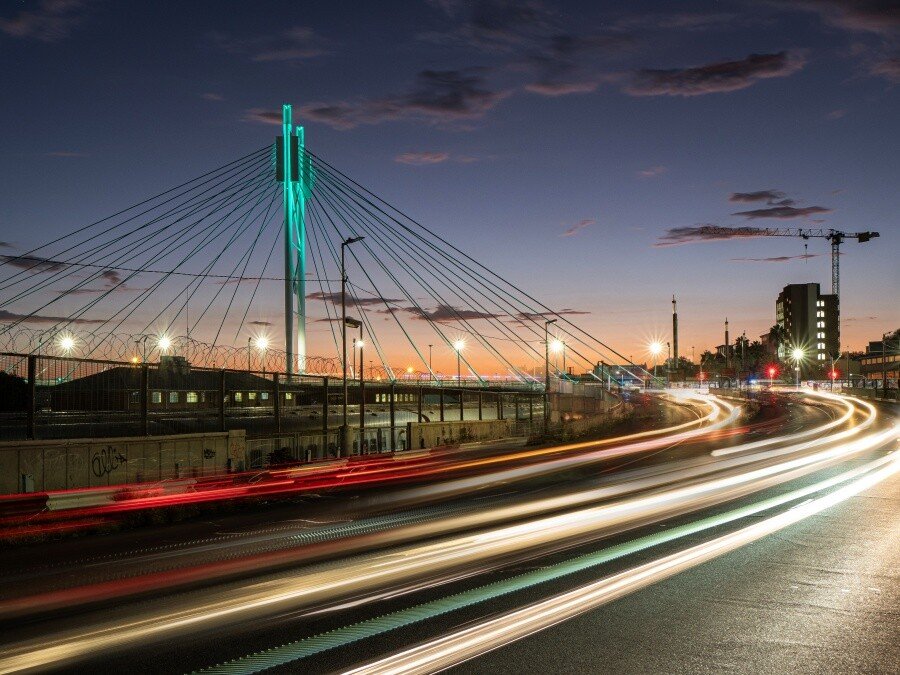
To help you make sense of the upcoming elections, South Africa's Easy Election Guide is a synopsis of 16 political partys' manifestos compiled by journalist and co-founder of Dlale Nje, Nickolaus Bauer. In his words, "South Africa's democracy is still firmly in its developmental phase, and consistent and high voter turnout would indicate an engaged citizenry that seeks to have a say in their country's future. Rights – civil or otherwise – do not disappear in an instant. Like muscles in the human body, if left unused, they are slowly weakened over time, until they are incapable of performing the function they were intended to without serious therapy."
We thought Bauer's guide an appropriate accompaniment to the round-up below, which foregrounds the issues close to the hearts of some of the city's change-makers. Like the Market Theatre Foundation's artistic director, Greg Homann, who says, "I'd give every resident a book of six vouchers that can be redeemed across the year for theatre tickets at any theatre in the city." Knowing the power of art to effect meaningful change, we don't discount this.
Of course, there are more practical matters at hand too, relating to the maintenance of basic infrastructure, keeping the city safe and clean for all, and responsible leadership. If you're struggling to decide what should govern your vote this year, there's plenty of food for thought below.
Infrastructure and service delivery
As 5FM radio DJ Nick Hamman told us, "It breaks my heart to see the city decaying the way it is. From the inner city to its most affluent suburbs, there is a general sense of neglect. Robots not working should never be the norm, water and power outages, delays in repairs, and lack of maintenance. It's all so heartbreaking for a city with so much potential."For Phil Thurston, founder of Mara Lounge, his first task as Joburg mayor would be simple, "Replace all the roads, pavements, and street lights." Joburg Ballet CEO Elroy Fillis-Bell says, "I'd be interested to understand how the Johannesburg Roads Agency works. What systems and monitoring processes to maintain our roads and sidewalks are in place? What are the quality controls for those who win tenders? The number of times I have had my windscreen chipped from poorly done tar roads or blew a tyre on a pothole in this city has me raving as my insurance premiums continue to increase."
Journalist and author Ufrieda Ho offers a sobering thought, "I would scrap 'task teams will investigate' as an answer to supposedly fixing things. All the buzzwords like 'fit for purpose' and 'consequence management' would have to mean something, or heads would roll." While Tšepang Molisana, oenophile and property developer's mayoral decree would be to "open the Johannesburg City Library and find a good anchor tenant for Park Station to make it a viable and attractive transport hub".
Similarly, public transport is of utmost importance to Sarah Barret, guide at Joburg 360 Tours. "The historically divisive spatial planning means that people have to travel long distances daily. The provision of buses and trains is woefully inadequate, and minibus taxis bear the load. Better public transport would reduce the number of cars on our roads. It would allow visitors to get around without a private transfer, a private guide, or an e-hailing taxi service every time they want to leave their hotel. I know I'm talking myself out of a job now, but the challenge for visitors is not just the obvious fear of crime, but also the fact that they have no idea how to go anywhere by themselves. Except for the Gautrain, there is no easy way to get around."
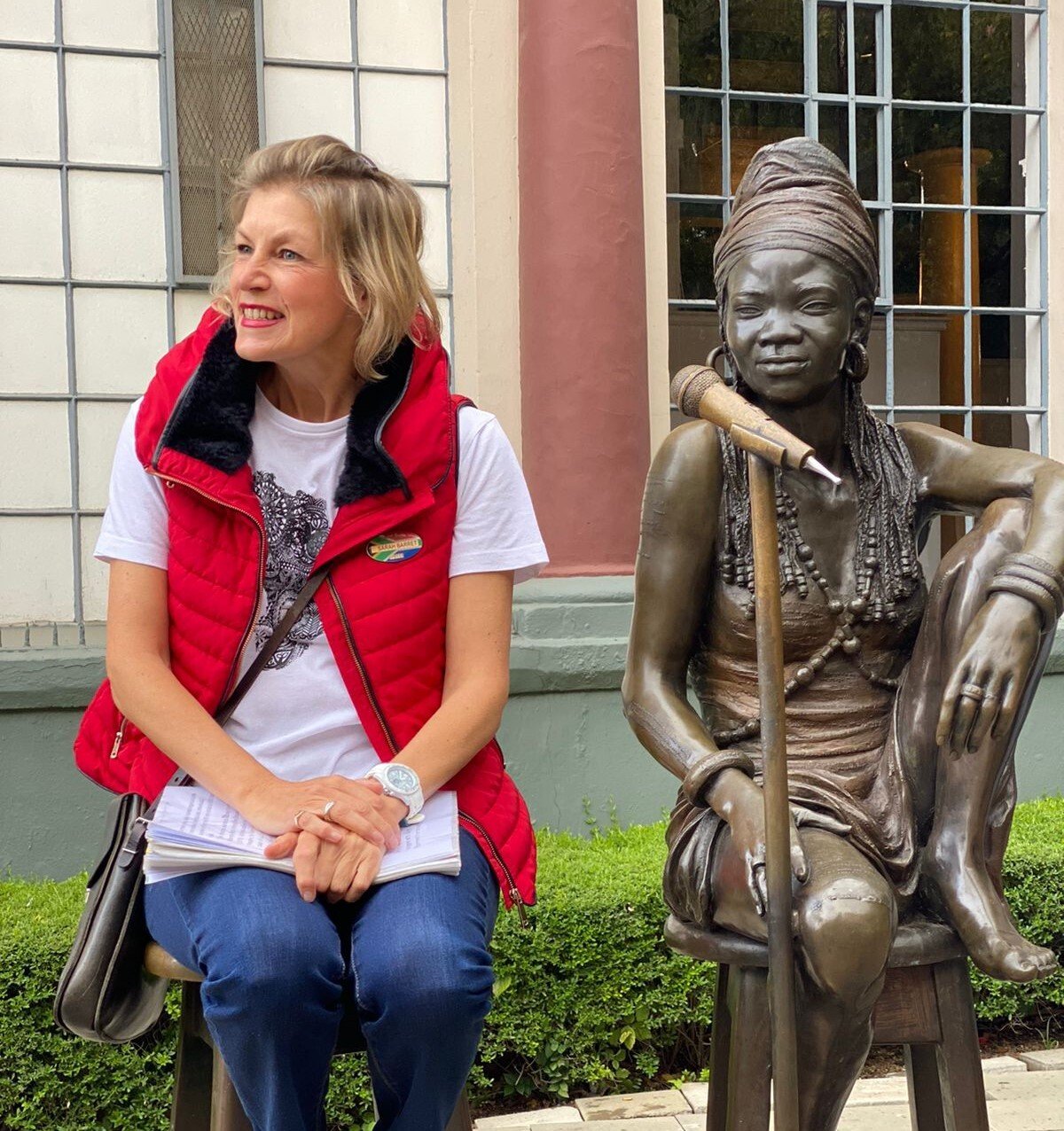
Cleanliness and safety
A safe, clean city should be something we all take for granted. Unfortunately, this is not the case. As Joburg mayor, rapper and performer S’BO GYRE would see to the "implementation of a long-standing, effective, and grassroots anti-littering campaign," while award-winning artist Boemo Diale says, "I would make it absolutely mandatory to pick up litter and turn in recyclables." In the same vein, couchsurfer and hiker Nobantu Shabangu tells us, "I would put into law that littering is punishable by a one-year jail sentence and that blocking drainage systems by deliberately dumping litter into the ports can result in a lifetime ban from the City of Johannesburg."Cathy Gatland, founder of Urban Sketchers Johannesburg, admits, "I’d be a terrible mayor but if I could summon some superpowers I’d restore the derelict municipal buildings in the city and make all the streets safe and clean to walk and sit in." Artist and activist Mbongeni Buthelezi, whose very practice is centred around turning the city's trash into beautiful artworks, says, "I would fight crime tooth and nail until it’s zero crime in this beautiful city."
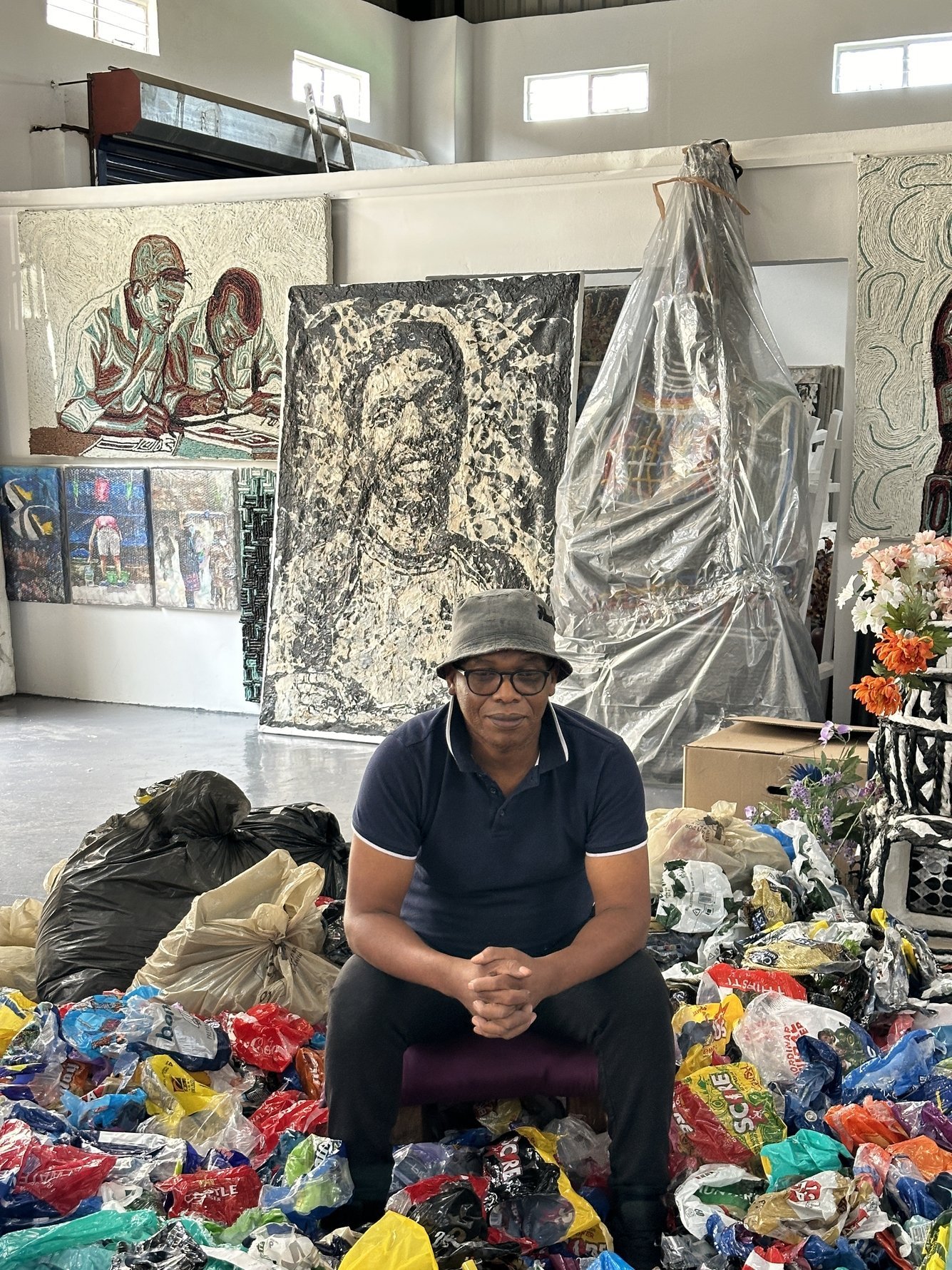
Housing and human rights
The co-founder of Picnic&Thrift, Gabrielle Onay, would get right to work as mayor for a day. Regarding what she'd change, she tells us, "The city's approach and tactics regarding our homeless population and shelters, the police's confiscating of informal traders’ goods, and I would love to address the brutality that our foreign nationals face. I would also love to create more spaces to facilitate skills development for the homeless through workshops funded by the city, something as simple as planting gardens in the empty spaces between the highways – this could be viable, affordable, and useful for all parties involved."Melusi Mhlungu, creative powerhouse behind Jozi My Jozi, says, "I would change the way we approach the homelessness situation in our city. We have a very serious issue, so I would look at finding a sustainable solution to help fix this." And speaking to human dignity, journalist, podcaster and DJ, Charles Leonard, gives us his plan: "Tough one, but I would institute measures that would get rid of the thugs, wipe out inequality by using the massive budgets properly, and clean up the whole city. In short, turn it into a city that cares about everyone so that all Joburgers have homes, food, jobs, and dignity."
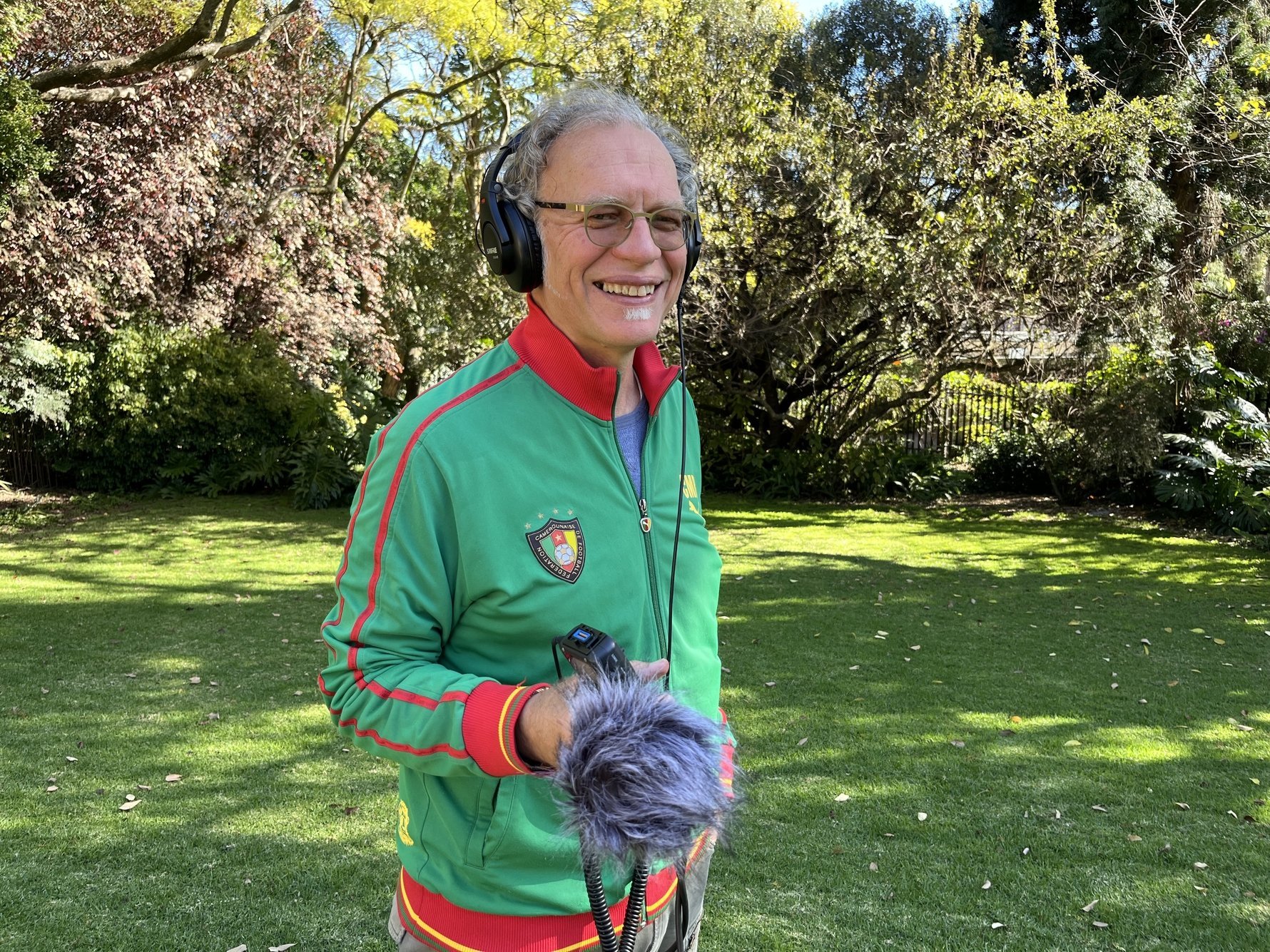
Accountability and good governance
Architect and tour guide Hugh Fraser makes no bones about it. If he were the mayor of Joburg for a day, he'd "fire all the MMCs and appoint skilled technicians in each of their fields to run the city." Dlala Nje co-founder Nickolaus Bauer highlights a similar issue of accountability, saying, "I'd enforce a law that calls Johannesburg governments from that day forward to compile public lists of three-month, six-month, one-year, and three-year targets, with clearly defined measurements of success and identification of who is ultimately responsible for each. Officials will automatically lose their jobs if they do not achieve a 75% success rate on these obligations."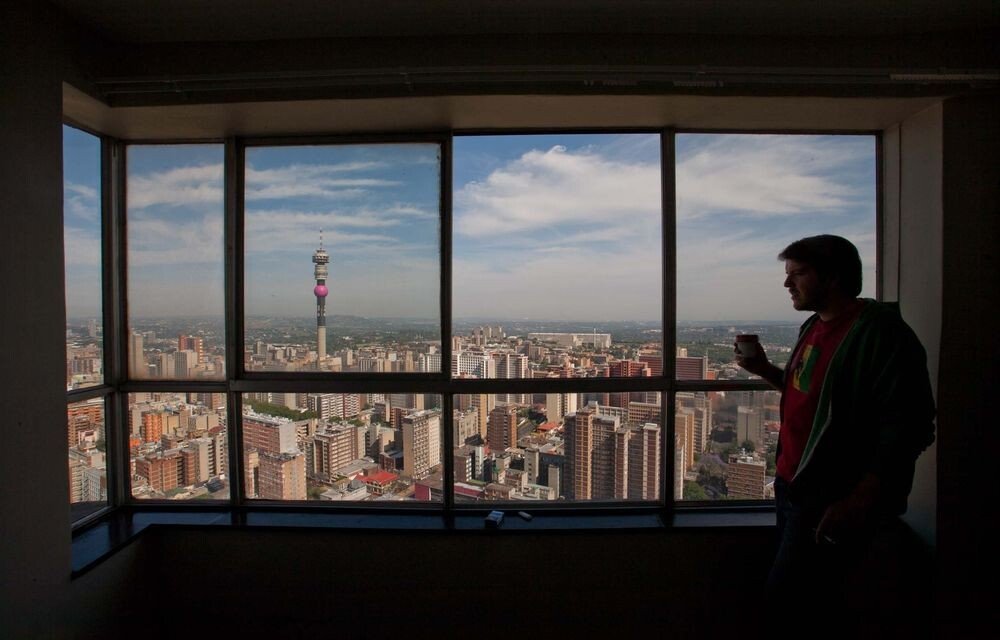
Unlocking the city
Another question we ask the change-makers and city-shapers we interview for our #MyJoburg series is, which Joburg personality would you honour with freedom of the city and why?Nick Hamman shouts out local legend Sanza Sandile, the force behind the Yeoville Dinner Club, saying, "Sanza is a proud ambassador of his 'hood and to me embodies the kind of spirit you need to keep the city alive." Elroy Fillis-Bell gives a nod to another fine ambassador of the city, James Delaney. "It's no mean feat to drive the restoration of [The Wilds], rallying sponsors, supporters, and the city's parks department to reinvigorate an entire ecosystem for the benefit of the whole city to enjoy for free. This project is a perfect example of the energy, resilience, and determination of Joburgers to get things done," says Fillis-Bell.
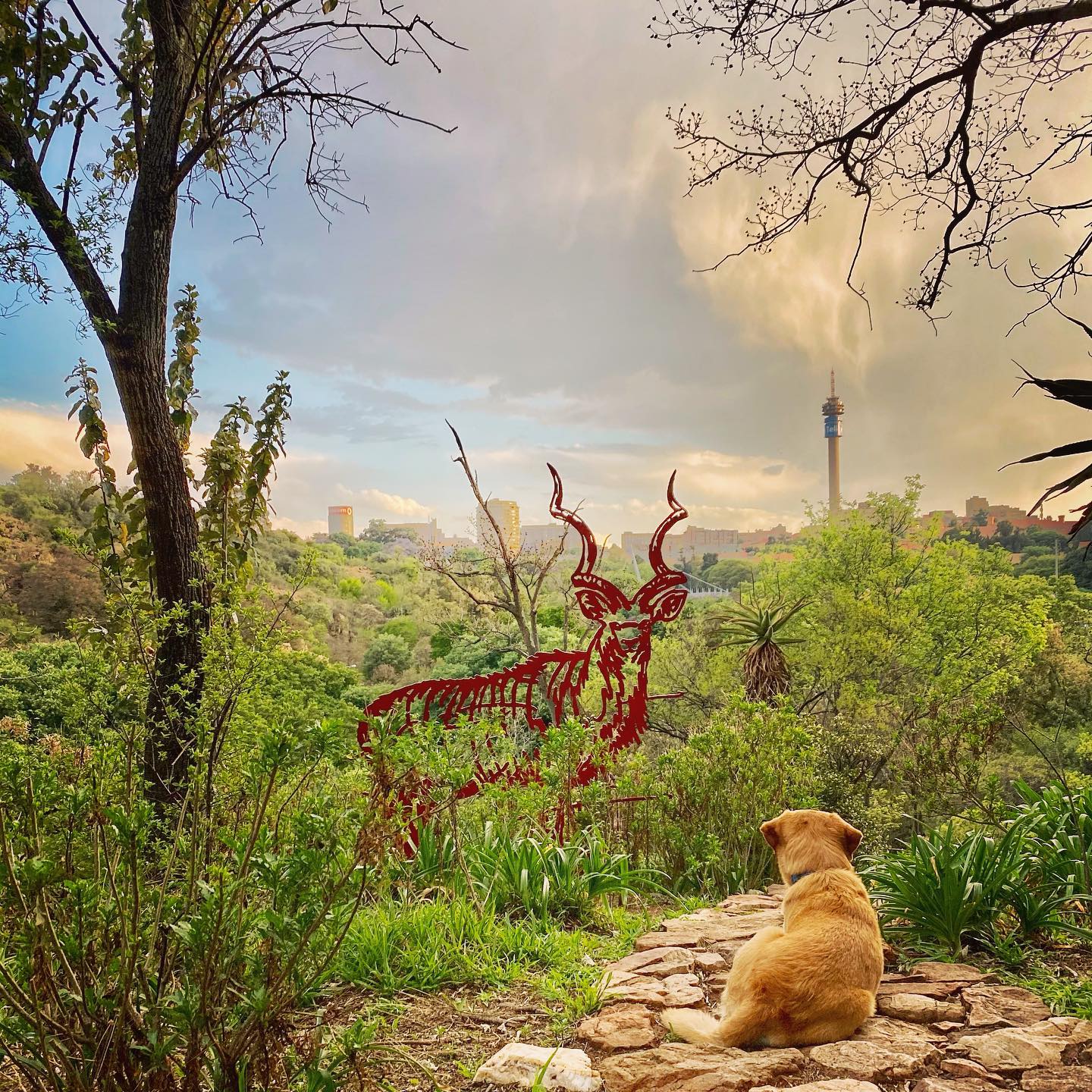
For Ufrieda Ho, CLAW (Community Led Animal Welfare) founder Cora Bailey is a stand-out citizen. "There are few people in Joburg as fearless but big-hearted and deliberate about helping the most vulnerable (and their animals too)," says Ho. Given the power, Tšepang Molisana would honour journalist Jenny Crwys-Williams with freedom of the city. She tells us, "I used to listen to her on the radio every day at lunchtime. Her voice is the sound of the pulse of people who are planning to achieve extraordinary things."
S'BO GYRE chooses Soweto-born Dr Bev Ditsie "for her outstanding work on queer liberation in South Africa". Inspiring us to see the city through fresh eyes, Cathy Gatland says of her nomination, "You know her well: Heather Mason, the American [writer and photographer behind the blog 2Summers] who fully throws herself into whatever Joburg has to offer, top to bottom, East to West, and inside out. She's an inspiration to any Joburger to get out and experience the place and its people. To be honest, I think she already has the freedom of the city!"
Sarah Barret's answer is as heartening as they come. "I would honour the active citizen. Every person who stands up to make a difference, who fills in where government lets us down. The members of OUTA, Jozi My Jozi, and the Johannesburg Inner-City Partnership, those who make Braamfontein work, those who make [our] parks clean and safe, the members of the African Reclaimers Organisation who step in where Pikitup fails, the independent electoral candidates for 2024, and every individual who campaigns until grass is cut, a traffic light is fixed, or a pothole is filled. May the freedom of the city be bestowed upon you all!"
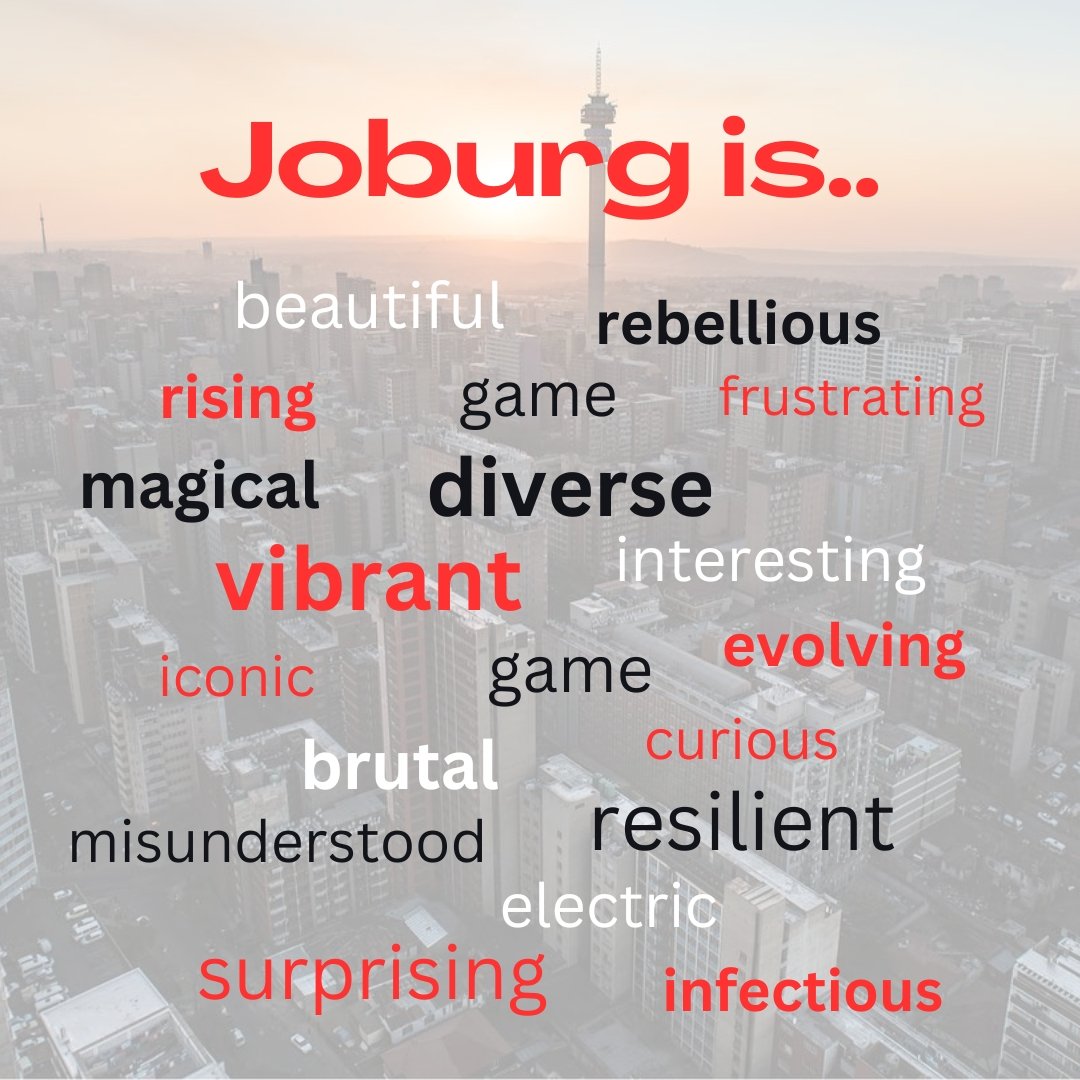
While there's enough to overwhelm even the most unflappable among us when it comes to the challenges facing this city, cynicism is not our style. It becomes ever clearer that the future of Joburg – and the country – can't only rest with government officials. When meaningful reflection is coupled with decisive action, much can be achieved. These #MyJoburg interview highlights read as a love letter to our vibrant city, a wonderful antidote to despair.


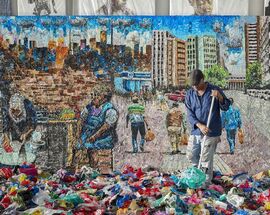
_m.jpg)
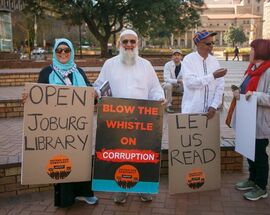


Comments